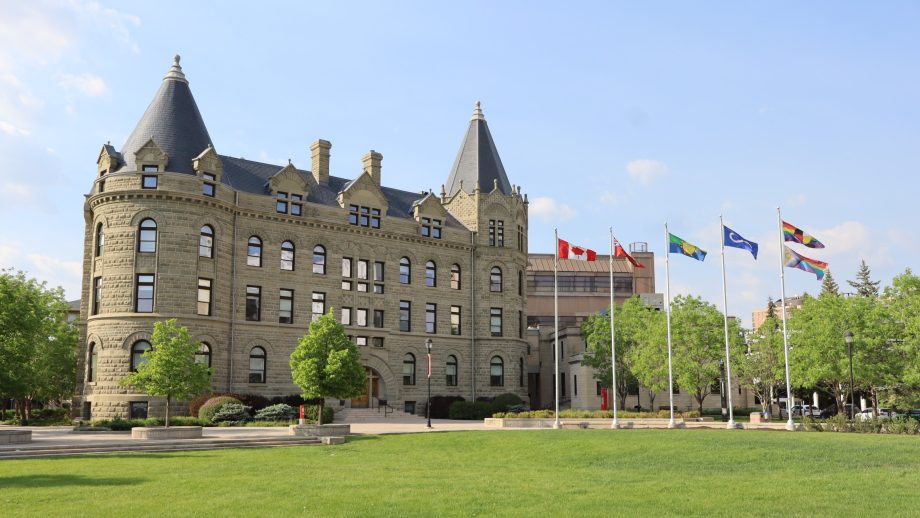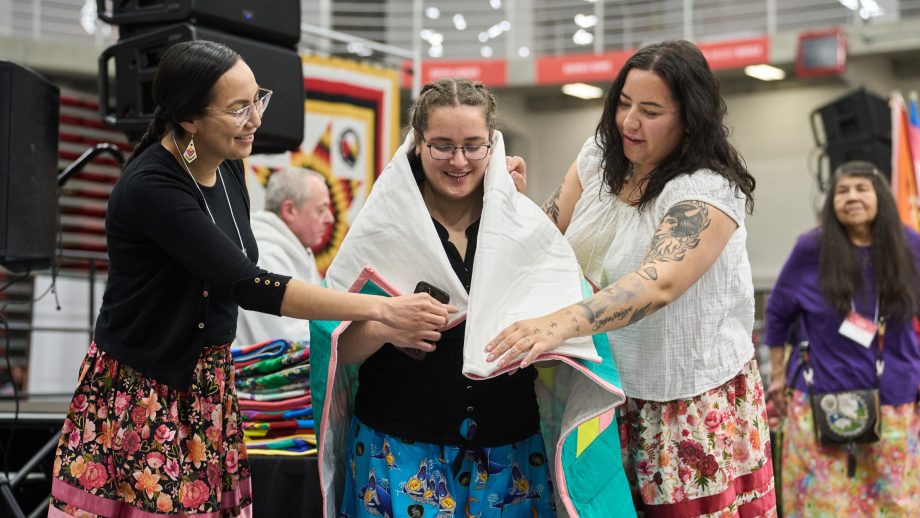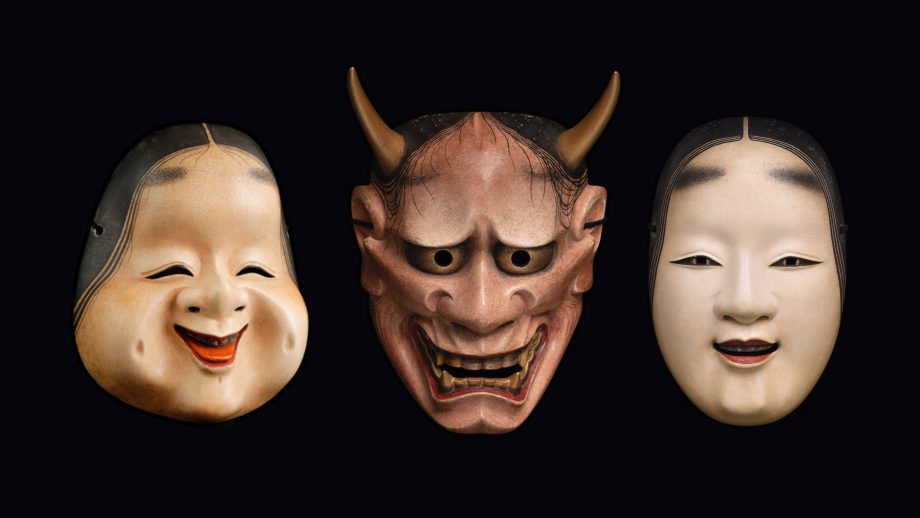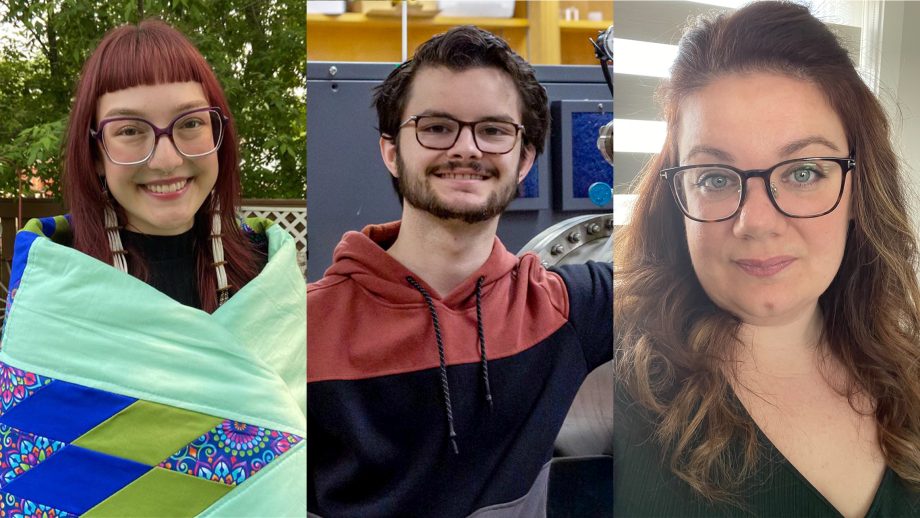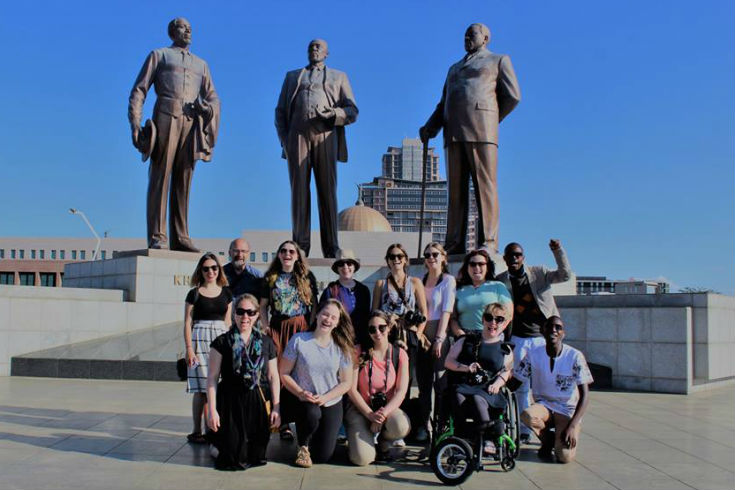
Three Dikgosi Monument, Gaborone, Botswana, Back row left to right: Tianna Flett, Dr. Dean Peachey, Katrina Holzhaeuer, Dr. Kristi Kenyon, Carinne Betournay, Clara Leroy, Leanne Huska, Malaki Monyamane (tour guide),
Front Row: Ashley Hayward, Patricia Nosal, Alexandra Koslock, Danielle Otto, Tinashe Mapolisa (tour guide)
Eight UWinnipeg students from across disciplines have just returned from spending two weeks in Botswana as part of their Health and Human Rights in Social Context Field Course. Under the guidance of Dr. Kristi Kenyon (Global College), the students examined the intersections between health and human rights in Canada and Botswana. The course challenged assumptions and examined diverse experiences of health in these two countries. Both at home, and in Botswana, the students spent time in urban and rural settings to examine health issues that ranged from questioning the role of social biases, cultural practices, housing, transportation, food and socio-economic and geographic factors on individual and population health.
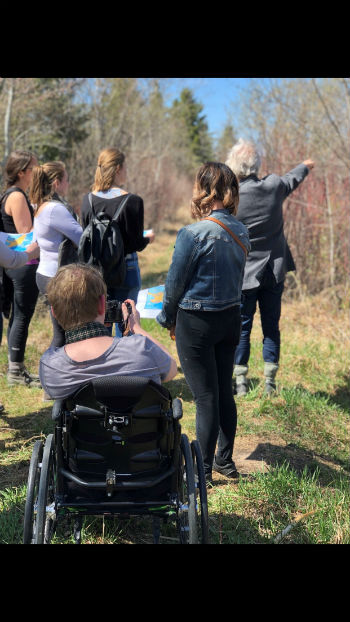
Shoal Lake 40, photo supplied
During the two weeks at home, the students attended class at UWinnipeg’s Selkirk Avenue campus and had field trips to the Mount Carmel Clinic, the Canadian Museum for Human Rights, and Shoal Lake 40’s Museum of Human Rights Violations. They also had a diverse range of speakers that included Tara Zajac from the North Point Douglas Women’s Centre and asylum seeker Seidu Mohammed who successfully walked across the border into Manitoba. They had the opportunity to engage with health and human rights scholars Lisa Forman (University of Toronto), Claire Brolan (University of Queensland) and Regiane Garcia (UBC) as well as UWinnipeg’s Dr. Gina Sylvestre (Geography), Dr. Jim Silver and Dr. Shauna MacKinnon (Urban and Inner City Studies) and Harry Finnigan (Board of Regents).
In Botswana, the students spent time in Gaborone, Mochudi, Ghanzi, and the San Indigenous community of D’Kar in the Kalahari. They visited with groups working on a range of issues relating to health and human rights including HIV, LGBTQ* rights, disability rights, children’s rights, women’s rights, sex workers rights and San Indigenous rights. They visited health facilities, engaged with a traditional healer and learned about medicinal plants in the Kalahari and about access to water and its impact on health.
“In this course we asked, what can we learn by blurring some of the boundaries that we take for granted,” said Kenyon. “What happens when we mix arts and sciences and compare between Global North and Global South? We witnessed many similar challenges to full enjoyment of the right to health in Canada and Botswana – including gender norms, funding, discrimination, marginalization and physical terrain (whether it be ice or sand). We also saw enormous disparity within countries – particularly highlighted by our visits to Shoal Lake 40 and D’Kar. Alongside these challenges we encountered inspiring innovation and commitment to tackle these barriers. Learning through hands-on experience can be intense and unpredictable, but it’s also unparalleled. I am so grateful to the students who shaped this course with their curiosity and enthusiasm.”
Kenyon extended her thanks to the team who made the course possible. This included Dr. Dean Peachey who also accompanied the course to Botswana, Chillie Motshusi and Nthabiseng Josiah who facilitated on the ground logistics in Botswana, Cuyler Cotton who coordinated the class visit to Shoal Lake 40, and the many guest speakers and supportive staff and faculty at Global College and UWinnipeg.
The students’ experiences:
“How do you put into words an experience that changes you, and your worldview while developing relationships not just with fellow classmates but also with local people in the place you are travelling to? The field course experience is like no other; the immersion in culture, learning from experts who are working on social justice issues around the world takes learning to another level.
During our trip to Botswana one theme that emerged was the value of ‘Botho,’ a Setswana word loosely defined as ‘respect.’ A person who is a well-rounded community member who earns respect by showing respect and empowers others to be the best version of themselves is a person with ‘botho.’ This belief in a deep interconnectedness among all people around the world, helps to shape our interpersonal interactions. I am forever grateful for this experience that has impacted my future studies, but also influenced me as a global citizen.” ~ Ashley Hayward, Graduate Student, Peace and Conflict Studies
“A field course is an opportunity like no other. It incorporates teaching done in a classroom into lived experiences. Field courses create a surreal group dynamic because you are learning in unconventional ways, that at times can be challenging, confusing, emotional and the relationships are those that can last a lifetime. The course allows students to critically think and meet individuals that are working professionally in the field of human rights and those that are having their rights violated. The interdisciplinary course has allowed us to analyze our human rights violations within Canada and created the opportunity for the class to travel to Shoal Lake 40. Most of us had never been on a reserve.
Traveling to Botswana has taught me so much about the country itself, but it has taught me immensely about myself. The connections that Global College has for its young scholars is astounding. With the collaboration of several faculty members, notably Dr. Kristi Kenyon, it has paved the way for an international human rights internship with the largest non-governmental human rights organization in Botswana. I couldn’t be more proud to have done my undergraduate in human rights at the University of Winnipeg and Global College, for there are numerous opportunities for students, mixed with the unconventional way of teaching that creates memories that will last a lifetime.” ~ Patricia Nosal, Human Rights.
“As I was struggling to eat my vegetables that were harder than my plastic fork, I was also getting kicked in the arm by the baby that was breastfeeding from its mom next to me. In this moment, I just had a random clarity of the strange situation I was in and couldn’t help but laugh. Here I was, struggling to eat on a speeding bus driving through the Kalahari Desert in Southern Africa getting kicked by this breastfeeding baby, and I was happy as could be. I believe this baby and I were on the same wavelength, as it was clear we were both just overjoyed to be eating. So out of the ordinary, and yet so amazing. What I initially assumed would be a monotonous bus ride to D’Kar, turned out to be full of events, that I am happy to have experienced.” ~ Carinne Betournay, Human Rights.
“Open your heart. Open your mind. Listen to the communities, and realize your surroundings throughout this beautiful journey. Field courses offer so much insight in to course-related materials. It is by far my favourite way to learn about a nation’s history, local culture, and language. If you have the opportunity – take this course ….. it will be one of the best decisions in your career at Global College and The University of Winnipeg.” ~ Alexandra Koslock, Urban and Inner-City Studies and International Development Studies.

